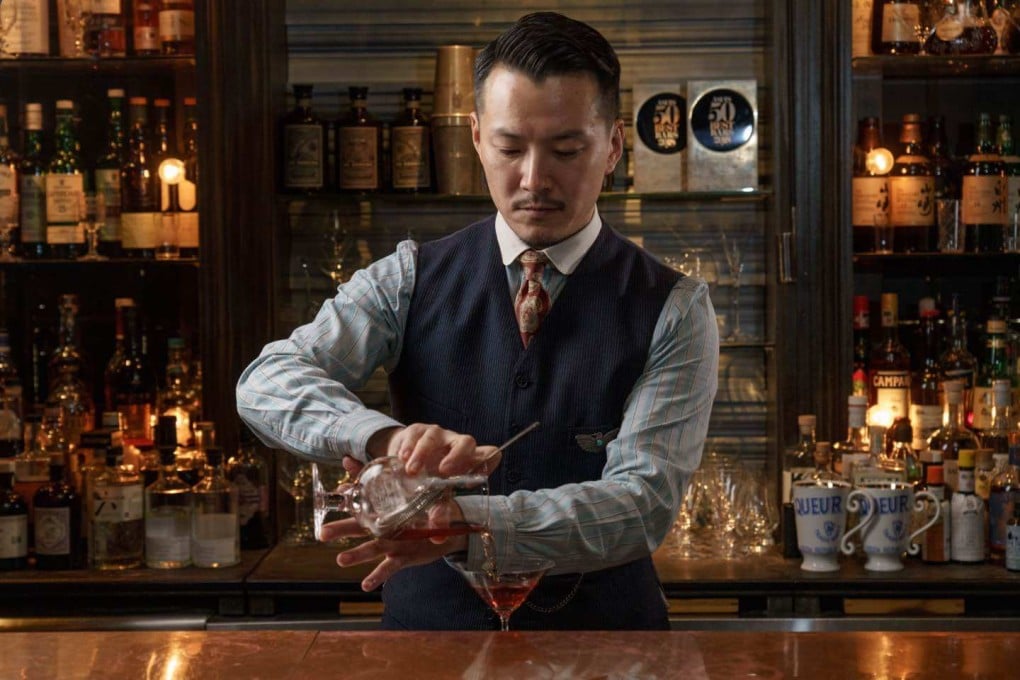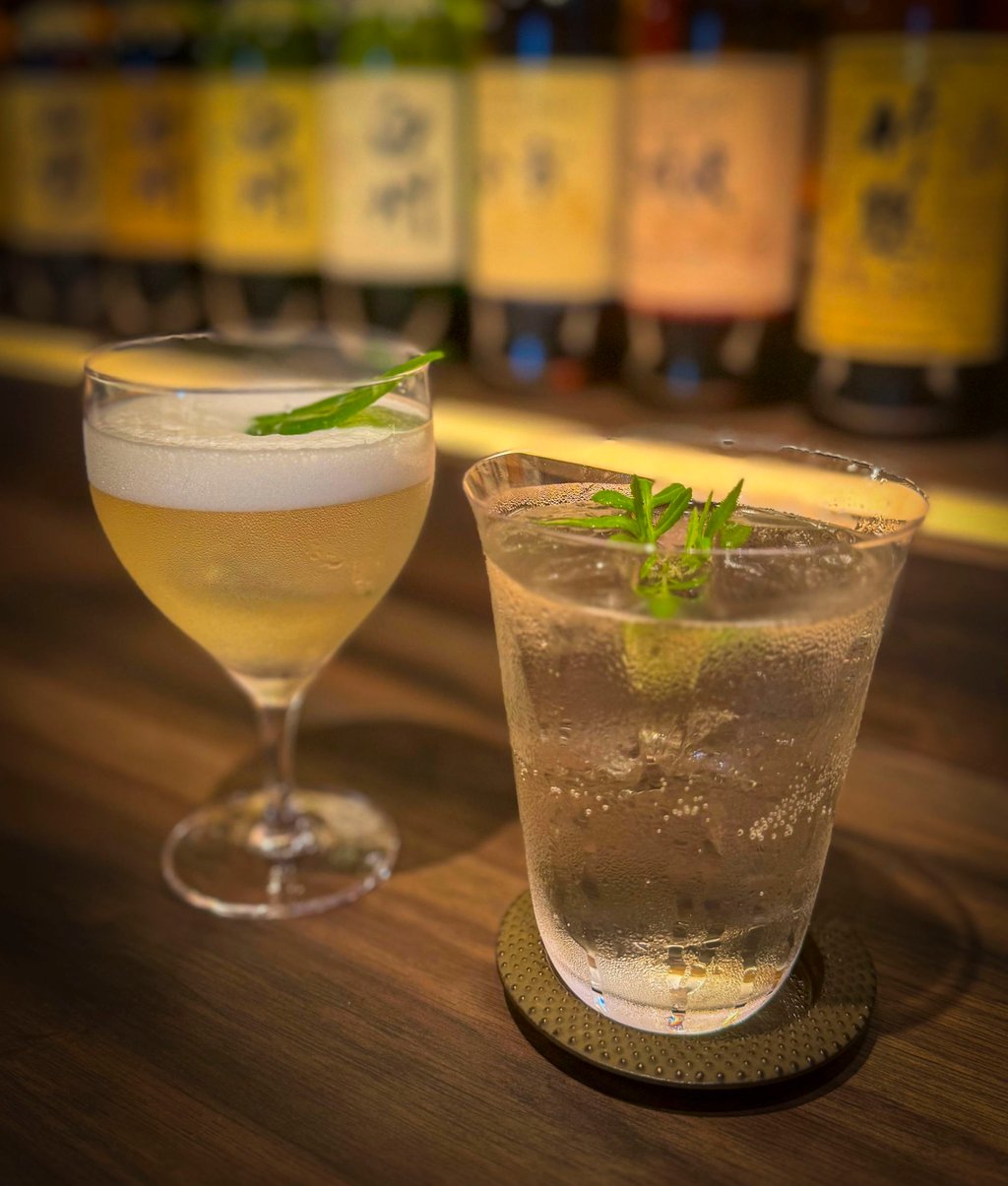Profile | Japanese bar group owner Shingo Gokan on the cocktail that set him on road to global fame
- Shingo Gokan talks about the moments leading up to the opening of his eponymous new cocktail bar in Hong Kong’s Central neighbourhood

In the days leading up to the 2024 Asia’s 50 Best Bars award ceremony on July 16 – arguably the world’s most prominent awards for bars and bartending talent – Shingo Gokan is busy overseeing the finishing touches on his eponymous new venue in Hong Kong, his first in the city.
The bar, in Central, will open on July 14 with a celebration titled “Gokan’s SG10” that brings together 10 of his bartending proteges from around the world, from Kris Du of Shanghai’s Speak Low to Ruka Hattori of The SG Club in Tokyo.
The event will mark 10 years since the establishment of Gokan’s bar management company, SG Group, but it is more than 20 since he first dipped his toes into the world of bartending.

At the far end of the L-shaped space – barflies may remember it as the former location of the nightclub Mudita or, previously, Fly – a dividing wall made to resemble blocks of frozen ice cubes gives a gentle nod to our location on the historic Ice House Street.
The sound of drilling occasionally punctuates the conversation, while bartenders polish and stack away delicate glassware in front of a loaded backbar.